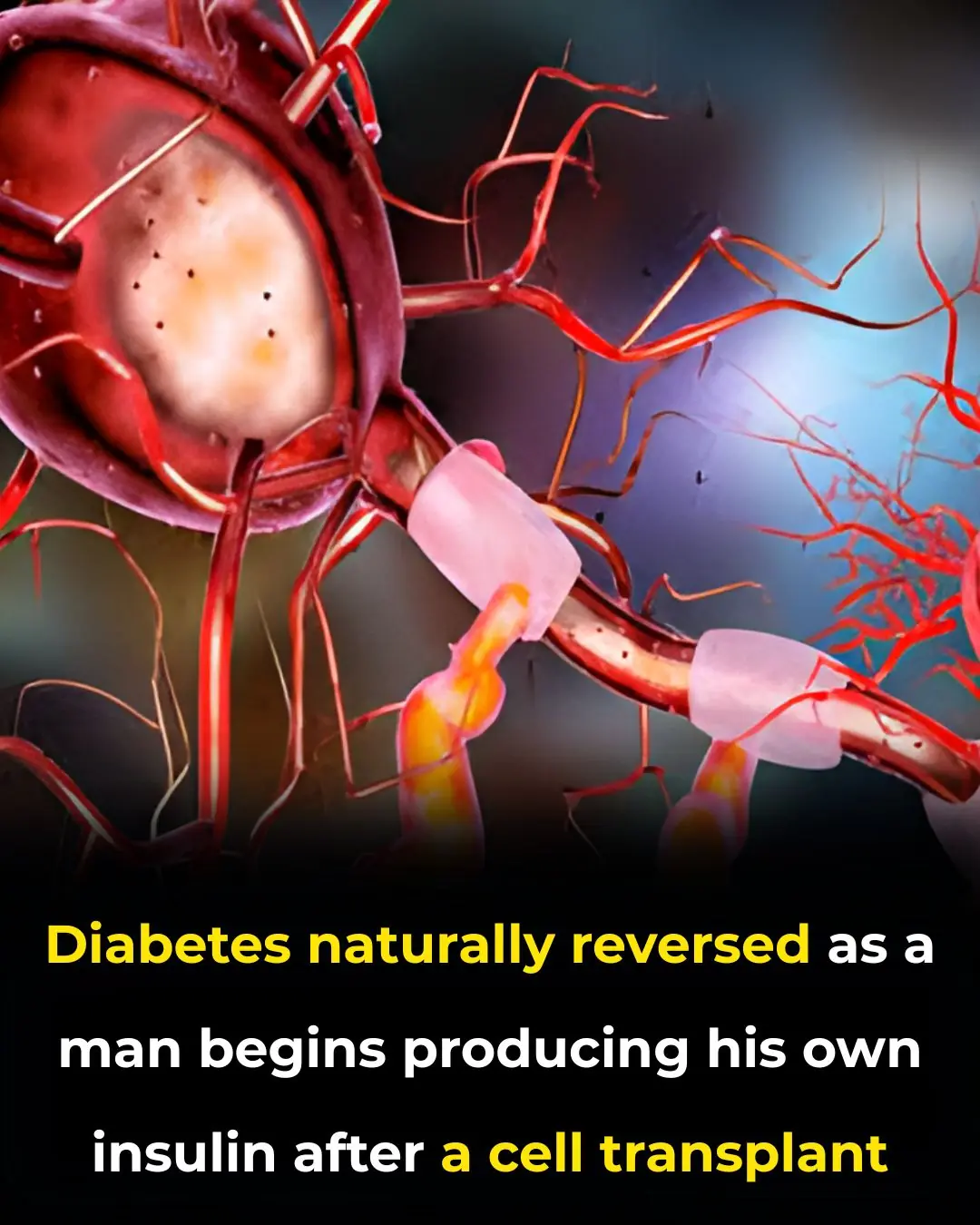
Amazon Lakes Heat to Dangerous Levels, Triggering Mass Wildlife Deaths
Unprecedented Heat in Amazon Freshwater Ecosystems
Recent scientific investigations have revealed an alarming trend across parts of the Amazon Basin: several lakes have surpassed 105°F (41°C), reaching temperatures far beyond what freshwater ecosystems can tolerate. Unlike typical warming events where the heat remains concentrated near the surface, this phenomenon extended more than six feet deep, creating a uniformly overheated environment. Aquatic animals that would normally seek refuge in cooler lower layers found no escape, effectively trapping entire communities of species in water that had become lethally warm. Reports from The Guardian, BBC News, and ScienceAlert emphasize that such extreme and sustained heating in large freshwater bodies is exceptionally rare and indicates a severe ecological disruption.
Mass Mortality at Lake Tefé
The crisis was most visible at Lake Tefé, where the combination of high temperatures and declining water levels resulted in one of the worst ecological tragedies recorded in the region. During the height of the event, the lake shrank by approximately three-quarters of its original size, exposing vast stretches of lakebed and drastically reducing the habitable space for aquatic life. As the water continued to heat, more than 200 endangered Amazon river dolphins—both pink dolphins and tucuxi—were found dead. Their deaths were accompanied by the loss of thousands of fish, all victims of thermal stress and suffocatingly low oxygen levels created by stagnant, super-heated water. Coverage from National Geographic and Mongabay described the scene as an unprecedented freshwater die-off, with scientists warning that entire segments of the lake’s food web had collapsed within days.
A Dangerous Mix of Climate Stressors
Researchers point to a dangerous convergence of factors that pushed many Amazon lakes past their ecological limits. Record atmospheric heat driven by global climate change created the initial pressure, while an unusually prolonged drought caused water levels to fall to historic lows. These shallow conditions made it easier for sunlight to penetrate and heat the lakes rapidly. Meanwhile, still air and the absence of wind prevented surface cooling and inhibited natural water mixing. Scientists from organizations such as the World Wildlife Fund (WWF) and the Brazilian National Institute for Amazonian Research explain that this rare alignment of drought, heat, and stagnation effectively turned the lakes into enormous heat traps. Their findings closely match predictions laid out by the Intergovernmental Panel on Climate Change (IPCC), which has long warned that extreme and compounding climate events will become increasingly common as global temperatures continue to rise.
Impacts on Wildlife and Local Communities
The consequences of this overheating extend far beyond the loss of dolphins and fish. Indigenous and riverine communities who depend on these lakes for daily life now face significant challenges. With fish populations collapsing, many families are losing access to a primary source of protein. Transportation routes that once relied on stable water levels are becoming increasingly difficult to navigate, isolating communities during times of need. Stagnant, overheated water also raises the risk of disease outbreaks and creates conditions unsuitable for harvesting or using water in traditional ways. Reports from BBC News highlight that these environmental stresses are beginning to impact cultural practices, economic stability, and the overall wellbeing of local populations. In regions where communities have lived harmoniously with the river for centuries, the disruption of freshwater ecosystems threatens not only ecological balance but also long-standing social and cultural structures.
A Warning for the Future
Scientists agree that the Amazon lake overheating crisis is a troubling preview of what could become more frequent if global climate trends remain unchanged. Once considered among the most resilient ecosystems in the world, the Amazon is showing clear signs of vulnerability in the face of intensifying heat and prolonged drought. Environmental researchers and organizations including WWF, ScienceAlert, and climate experts referenced by The Guardian argue that urgent action is needed on multiple fronts. Strengthening conservation efforts, improving early-warning systems, supporting local communities, and significantly reducing global greenhouse gas emissions are all considered essential steps to prevent similar disasters in the future.
The tragic events at Lake Tefé serve as a stark reminder that freshwater ecosystems are not immune to the escalating impacts of climate change. As extreme conditions become more common, the survival of countless species and the stability of communities across the Amazon may increasingly depend on the world’s ability to respond swiftly and decisively.
News in the same category


Betelgeuse Nears Its Final Stage: A Supernova That Could Be Visible in Daylight

Deadly Mistakes to Avoid When Showering With Hot Water in Winter

2 Pork Parts That Contain a High Amount of Risky Cells — Stop Eating Them Before It’s Too Late

3 types of vegetables you shouldn’t eat raw — no matter how tasty or nutritious — because they can silently damage the liver

More and more people are developing kidney failure, and doctors warn that four common drinks are the “silent culprits.” It’s time to cut back.

I Had No Clue About This! Such an Interesting Trick My Nana Swore By

My Nana Swears by This! Just 1 Thin Slice a Week — Your Orchids Will Explode with Growth

The Keyless Car Trend Everyone’s Talking About

Nana’s Timeless Trick for Bringing Jewelry Back to Life

Stem Cell Therapy Restores Insulin Production in Type 1 Diabetes Patients

China Launches Hanyuan‑1: World’s First Commercial Atomic Quantum Computer

Nurse Promises Not to Laugh at This Man’s Problem

What Your “Odd Animal Out” Choice Says About You

As he nears 100, Dick Van Dyke, 99, makes a touching confession about his life

Local Washington State Park Changes Name Meaning To Honor Rosa Franklin, The States First Black Woman Senator

Civil War Era Politician Robert Smalls Becomes First African American to Receive Monument in South Carolina

Dr. Patricia Bath Set To Make History As First Black Woman Inducted Into National Inventors Hall of Fame
News Post

🌟 Belgium’s 15-Year-Old Prodigy Earns a PhD in Quantum Physics — A Remarkable Journey of Genius and Innovation 🌟

The Brain Actively Erases Short-Term Memories to Boost Efficiency

Betelgeuse Nears Its Final Stage: A Supernova That Could Be Visible in Daylight

Deadly Mistakes to Avoid When Showering With Hot Water in Winter

2 Pork Parts That Contain a High Amount of Risky Cells — Stop Eating Them Before It’s Too Late

3 types of vegetables you shouldn’t eat raw — no matter how tasty or nutritious — because they can silently damage the liver

More and more people are developing kidney failure, and doctors warn that four common drinks are the “silent culprits.” It’s time to cut back.

I Had No Clue About This! Such an Interesting Trick My Nana Swore By

My Nana Swears by This! Just 1 Thin Slice a Week — Your Orchids Will Explode with Growth

The Keyless Car Trend Everyone’s Talking About

Nana’s Timeless Trick for Bringing Jewelry Back to Life

Stem Cell Therapy Restores Insulin Production in Type 1 Diabetes Patients

China Launches Hanyuan‑1: World’s First Commercial Atomic Quantum Computer

Breakthrough Cell Transplant Restores Insulin Production, Offering New Hope for Diabetes Reversal

Keratin From Human Hair Could Revolutionize Tooth Enamel Repair

A Homeless Pup's Heartfelt Payment: A Story of Kindness and Unspoken Bonds

Renewable Energy Surpasses Coal as World's Largest Source of Electricity: A Historic Milestone for Humanity and the Planet

What You Do First in This Scenario

Top 5 Veggies to Detox Your Arteries and Prevent Heart Attacks!
